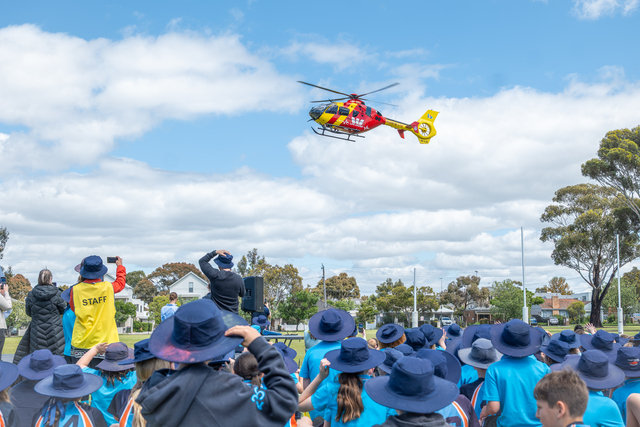EDUCATION experts fear massive fee increases for English as a second language (ESL) courses at Victoria University will be beyond the reach of many migrant and refugee students.
TAFE fees for some of the west’s most vulnerable students will almost triple next year as the effects of the state government’s $300 million funding cuts kick in.
The Weekly reported exclusively on October 10 that some year 11 and 12 subject fees will more than triple next year. Studying first-year business at Bayside College, for example, will cost $350 next year, up from $100 this year.
The Weekly understands concession fees for ESL courses will increase from $50 to $144. Non-concession-holders will fork out more than $1000, with the average yearly course costing $1842 (up from $700 in previous years).
Some courses will also be split into separate six-month blocks, meaning students have to pay twice.
Victoria University, the west’s largest TAFE provider, has lost more than $32 million in funding, slashing 80 vocational courses and more than 100 teaching jobs.
ESL teacher Anne Dowling said many migrant and refugee students would be cut off from the rest of society, with no other way to progress to higher education and training.
“All that the students enrolled in an ESL course want is to get a job and give back to the community; that’s why they’re enrolled. They’ve been told they can’t get a job until their English is better.”
Columbian migrant Ivan Valderrama, 31, will complete his ESL course at the end of the year. He said without the course he would be unable to apply for a mechanical engineering degree next year. “In Australia, your opportunities depend on your level of language,” he said. “This course is vital to become a part of society.”
Friends of VU spokesman Paul Adams said the west had many migrant, refugee and low socioeconomic students. “Yet Victoria University, the biggest education provider in the west, has the highest of all TAFE cuts in Melbourne.”
Williamstown Labor MP Wade Noonan, who visited students undertaking the ESL course at the university earlier this month, said the effect of the cuts bordered on “catastrophic.” “It’s a disgraceful decision which will hurt our most disadvantaged citizens and makes a mockery of the government’s so-called investment in skills.”
An Education Department spokesman said the government would invest more than $1 billion over the next four years in Victoria’s vocational training sector, including record funding to better support training and increased subsidies for apprenticeships and areas of skills need.







